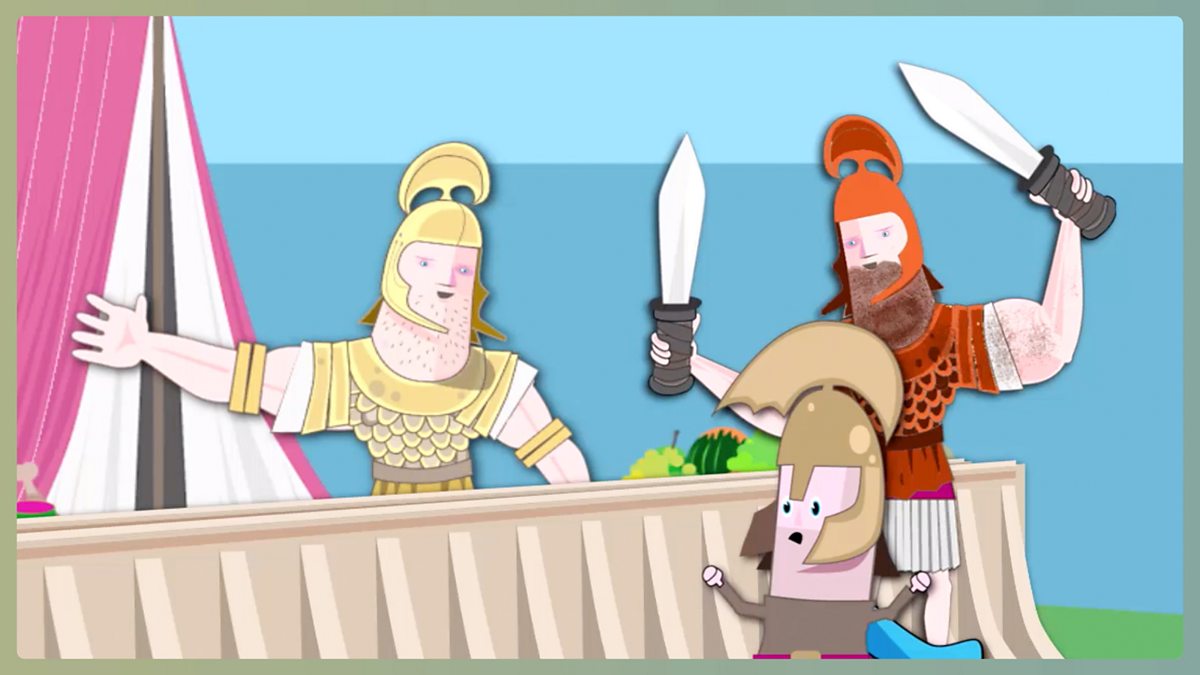
Ancient Greece The Trojan War Episode 4 BBC Teach
Over 2,300 years ago, a 20-year-old man was crowned king in a sprawling palace in Greece. He went on to build an empire that stretched to modern-day Afghanistan and left a legacy felt today.

BBC Ancient Greece 4. The Olympic Games. Video questions
A chronology of key events: 1821-1829 - Greek War of Independence from Ottoman Empire. 1832 - Prince Otto of Bavaria is chosen as the first king of independent Greece. 1863 - King Otto is deposed.

BBC Ancient Greece 2. Gods, goddesses, myths and magic. Video
For more episodes and free, supporting teachers' notes: https://www.bbc.co.uk/teach/class-clips-video/ks2-history-ancient-greece-index-once-upon-a-time-in-an.
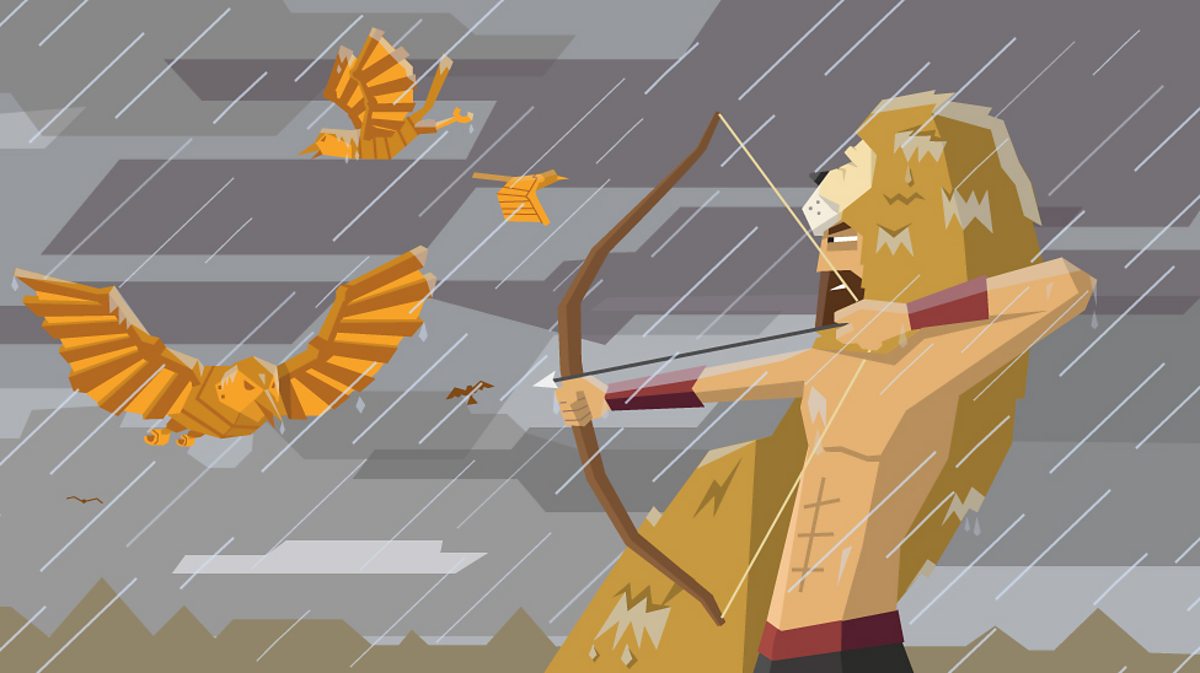
BBC Bitesize Who were the ancient Greek gods and heroes?
Subscribe and 🔔 to the BBC 👉 https://bit.ly/BBCYouTubeSubWatch the BBC first on iPlayer 👉 https://bbc.in/iPlayer-Home Fly above the Acropolis - a sacred h.

BBC KS2 Ancient Greece all 5 films. Question sheets, differentiated
KS2 History: Ancient Greece. A collection of short videos for pupils aged 7 - 11 exploring Ancient Greek civilisation and including retellings of some well-known Ancient Greek myths. BBC Teach.
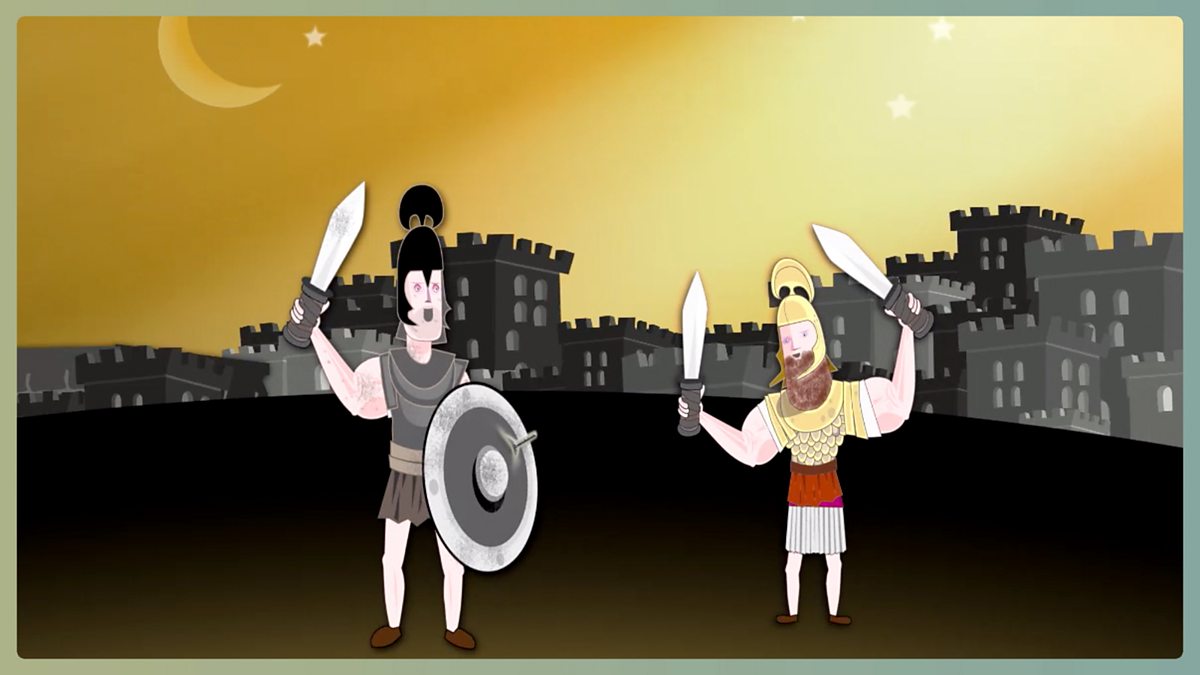
Ancient Greece The Trojan War Episode 5 BBC Teach
An ancient palace in Greece where Alexander the Great was crowned King of Macedonia reopens to the public today after a 16-year renovation costing €20m to restore its past glory. Greek Prime.

What was it like to live in an ancient Greek family? BBC Bitesize
The term Ancient, or Archaic, Greece refers to the years 700-480 B.C. The period is known for its art, architecture and philosophy. Ancient Greece saw advances in art, poetry and technology, and.

What do we know about ancient Greek culture? BBC Bitesize
But arguably more fascinating, and certainly more mysterious, are the mighty Minoans. The first great Greek civilisation and the first literate one in Europe, the Minoans dwelt on Crete, the.
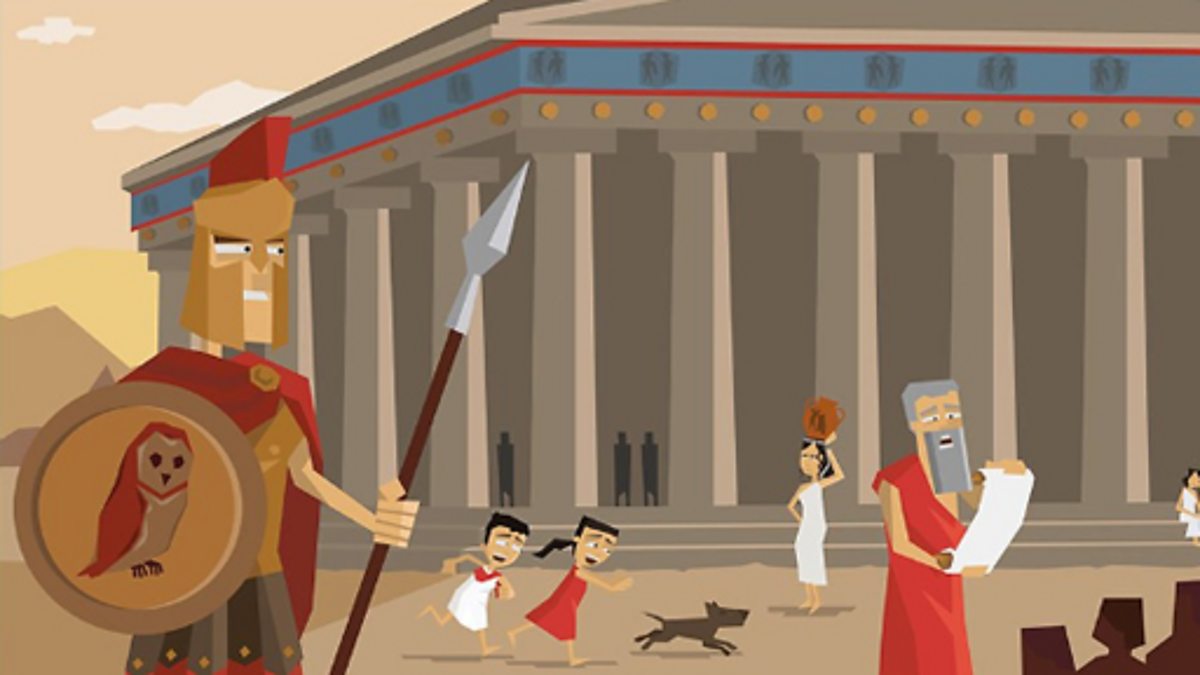
What do we know about ancient Greek culture? BBC Bitesize
Greece spent 16 years restoring palace ruins where Alexander the Great was crowned more than 2,000 years ago. John Morris was aboard TSMS Lakonia in 1963 when the stricken ship sank and 128 lives.

BBC Ancient Greece 1. Everyday life in the citystates Teaching
Set up in a similar manner as the previously reviewed Ancient Egyptians website, BBC History's Ancient Greeks page contains a small grab-bag of essays and galleries that explore that particular period. These include works on the Olympics, Athens and Democracy, Other Greek Cultures, and Legends. From the get-go, it is quite evident that the.
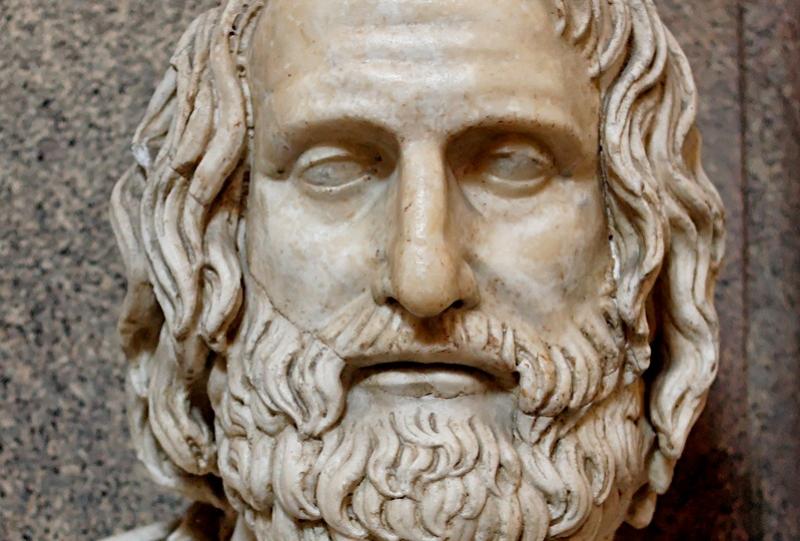
Ancient Greece The Greatest Show on Earth, BBC Four The Arts Desk
ANCIENT AIGAI, Greece (AP) — It was the largest building of classical Greece: the palace where Alexander the Great was proclaimed king before he launched a conquest that took him as far as modern-day Afghanistan. The Palace of Aigai in northern Greece was fully reopened Friday following a 16-year renovation that cost more than 20 million.
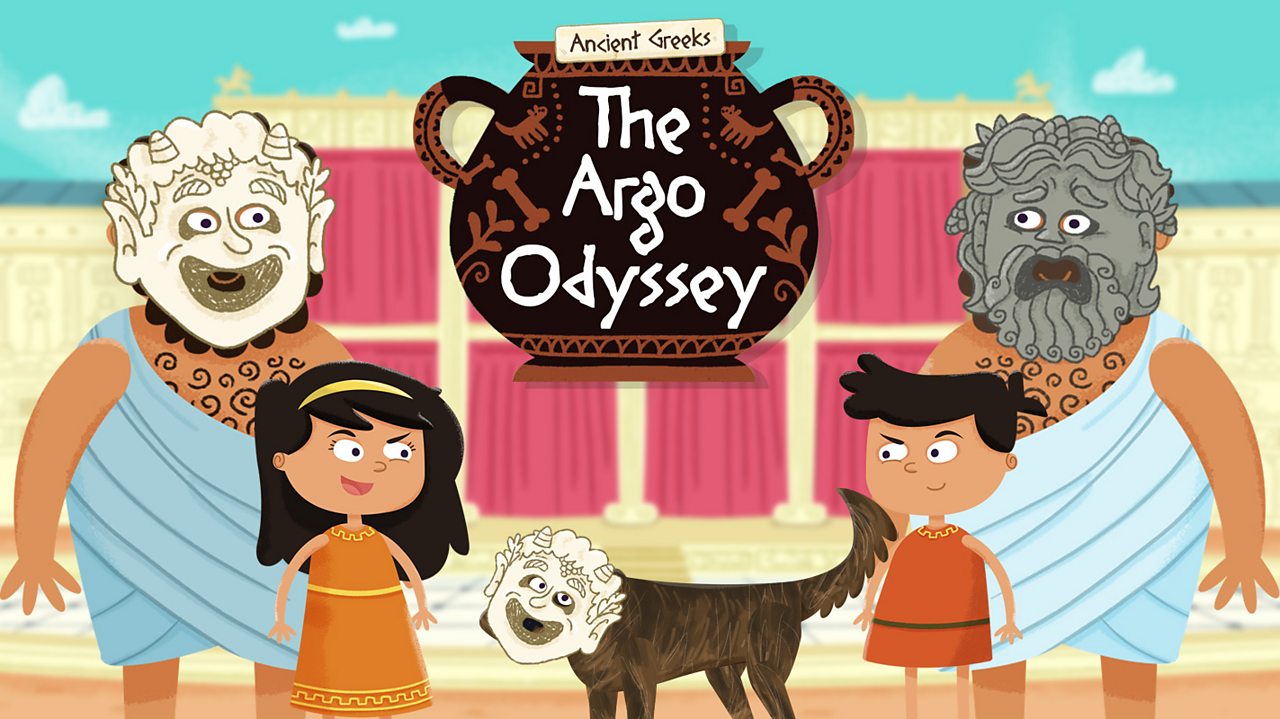
What do we know about ancient Greek culture? BBC Bitesize
The brutal, brilliant and still influential Ancient Greeks. Ancient Greek history, culture and society still has an enormous influence on the modern world. Classicist Dr Michael Scott travels across Greece, visiting cities, battlefields, ruins and wild countryside in an attempt to uncover Ancient Greece and see how the ancient Greeks lived.
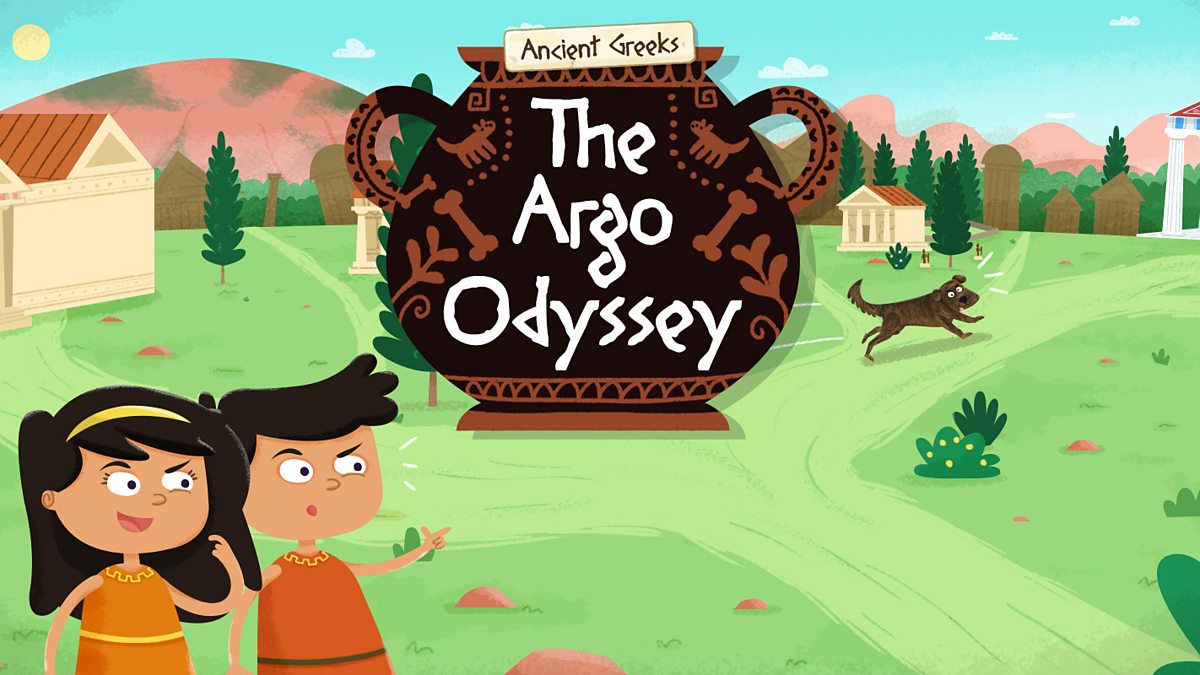
Play Ancient Greeks The Argo Odyssey Free Online History Game for
CNN —. Greece has reopened the ancient palace where Alexander the Great became King of Macedonia some 2,400 years ago after it underwent restoration. The Palace of Aigai, formally known as the.
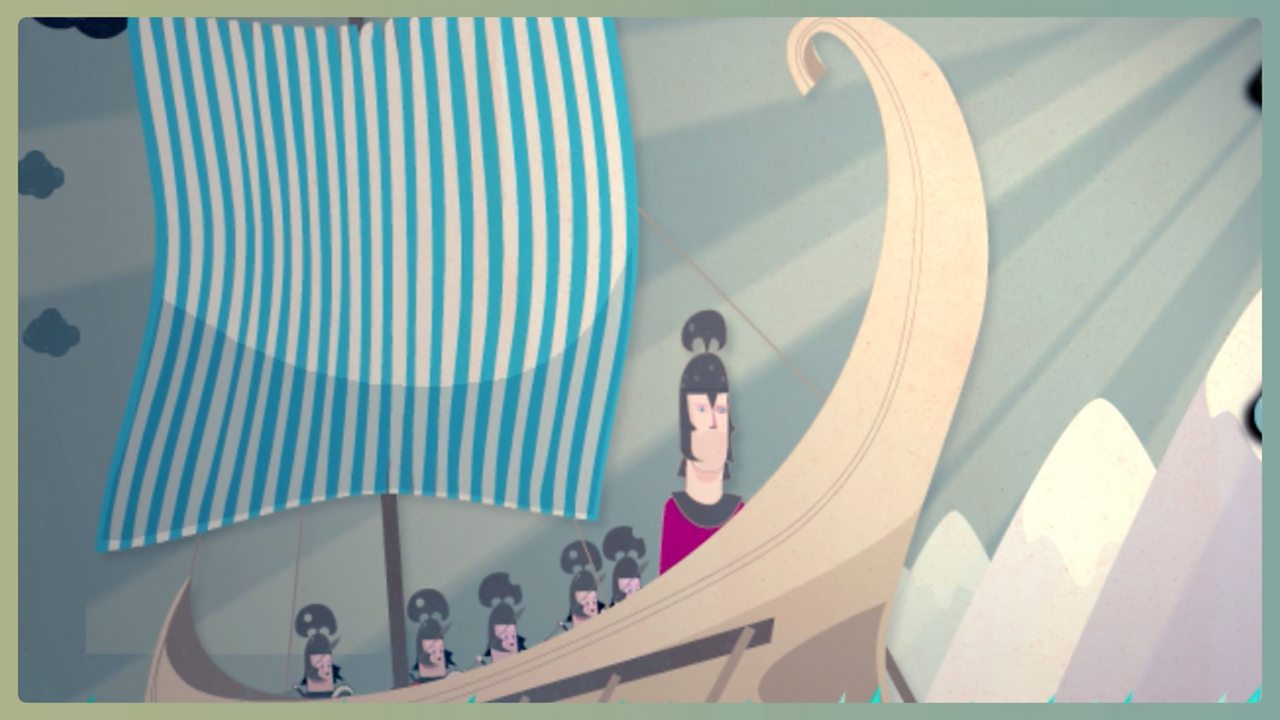
Ancient Greece The Trojan War BBC Teach
4:27. The discovery of an ancient Greek city. More recently, in 2016, the excavation group found the remains of a theatre made of white limestone, estimated to date to the early Hellenistic period.
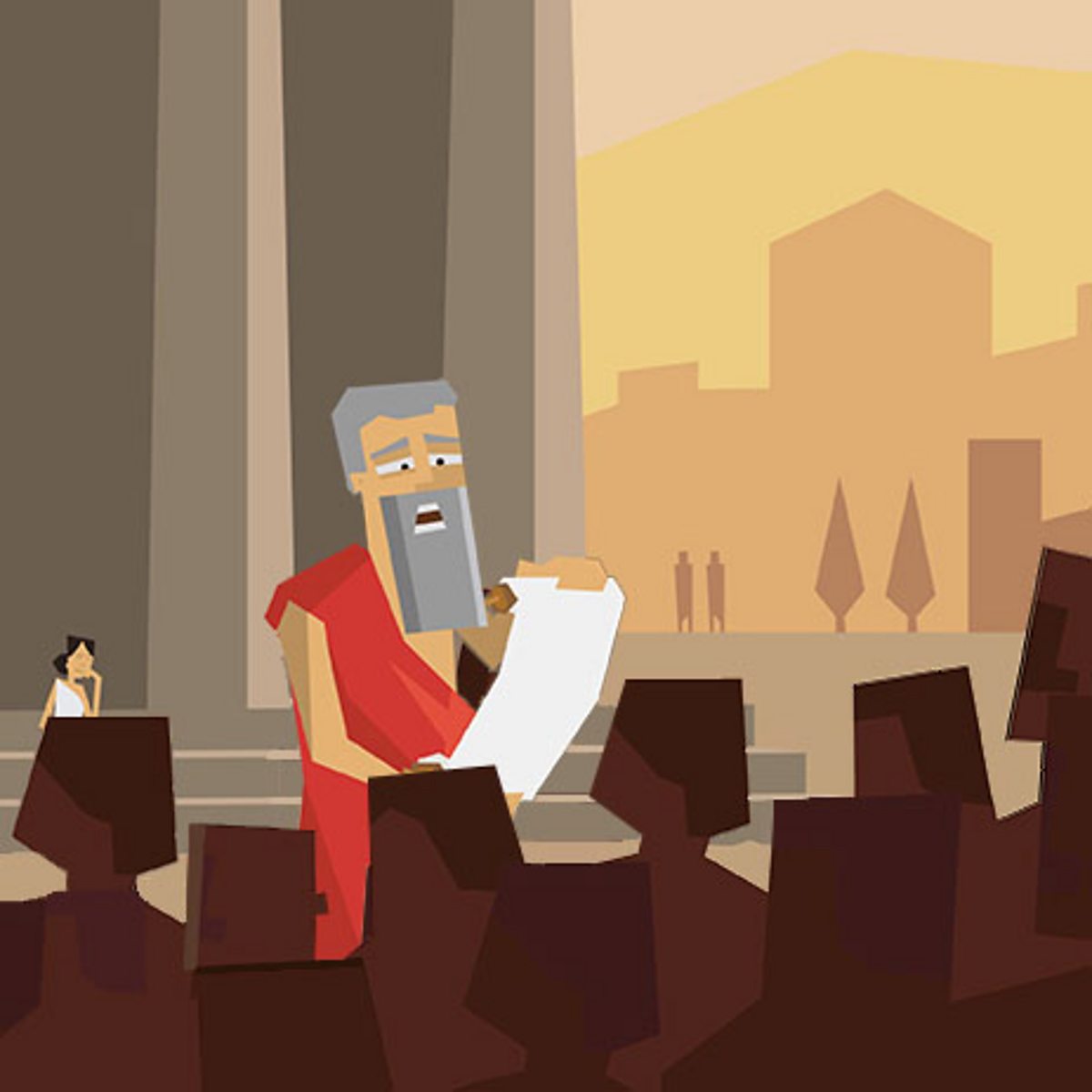
What did the ancient Greeks discover? BBC Bitesize
Ancient Greece (Greek: Ἑλλάς, romanized: Hellás) was a northeastern Mediterranean civilization, existing from the Greek Dark Ages of the 12th-9th centuries BC to the end of classical antiquity (c. 600 AD), that comprised a loose collection of culturally and linguistically related city-states and other territories. Most of these regions were officially unified only once, for 13 years.
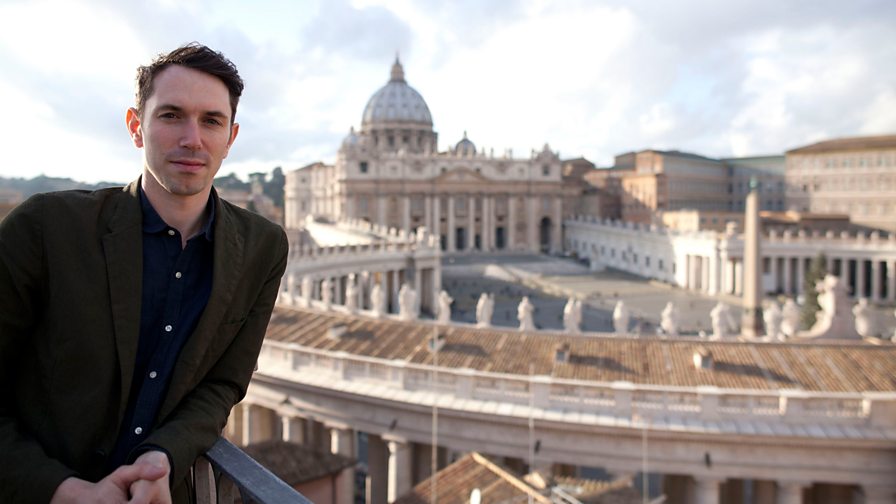
BBC Four Treasures of Ancient Greece Episode guide
The site will reopen to the public on Sunday. The palace was built by Philip II, Alexander the Great's father, who ruled over the powerful kingdom of Macedonia. Aigai, near what today is the town.